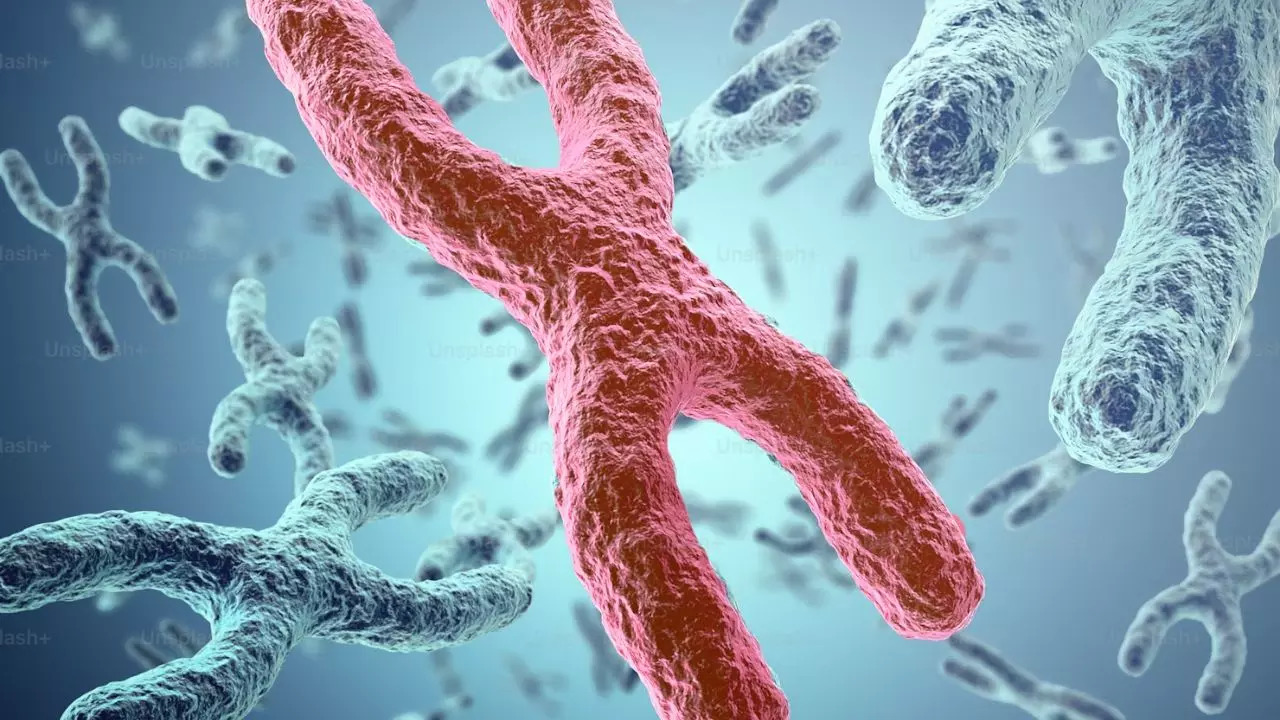The Y chromosome may be in decline
A report suggests that the Y chromosome (the gene responsible for determining the male sex in humans and other mammals) is on the verge of extinction. The study has sparked curiosity on social media platforms, with users raising questions and posting memes. One user sarcastically commented, “Beta Bachao from now on,” referencing the Bharatiya Janata Party’s slogan: “save your daughter, Beti Padhao(Save the girls, educate the girls.) Another said: “The Y chromosome is not disappearing, it is just shrinking at a very, very slow rate due to mutations. It will take millions of years to disappear completely, if it disappears at all. Relax.”
Below are some of the reactions:
How the Y chromosome determines sex
The Y chromosome is one of two sex chromosomes that determine the sex of a baby. There are two types of chromosomes, X and Y, the combination of which determines an individual’s gender. Women have two X chromosomes, while men have one X and one Y chromosome. The Y chromosome is crucial to male biology as it contains the SRY gene, which triggers the development of male characteristics, including the formation of testes and the production of male hormones.
Is the Y chromosome becoming extinct?
According to the The conversation The Y chromosome is degenerating. Genetics expert Professor Jenny Graves explained this concept using the platypus as an example. “In the platypus, the XY pair is just a normal chromosome with two identical members,” she said. “This suggests that mammalian X and Y chromosomes were a normal pair of chromosomes not so long ago.”
He added: “During the 166 million years since humans and the platypus began to evolve separately, the Y chromosome has lost between 900 and 55 active genes. This equates to a loss of about five genes per million years. At this rate, the remaining 55 genes will disappear in 11 million years.”
According to The Week, much of the Y chromosome is made up of repetitive “junk DNA”, making it unstable and at risk of disappearing completely within several generations. This raises the question of whether men will become extinct.
Professor Graves suggested: “When humans run out of Y chromosomes, they could either go extinct (assuming we haven’t already gone extinct for other reasons) or they could develop a new sex gene that defines new sex chromosomes.”
Disclaimer:
The information contained in this post is for general information purposes only. We make no representations or warranties of any kind, express or implied, about the completeness, accuracy, reliability, suitability or availability with respect to the website or the information, products, services, or related graphics contained on the post for any purpose.
We respect the intellectual property rights of content creators. If you are the owner of any material featured on our website and have concerns about its use, please contact us. We are committed to addressing any copyright issues promptly and will remove any material within 2 days of receiving a request from the rightful owner.

